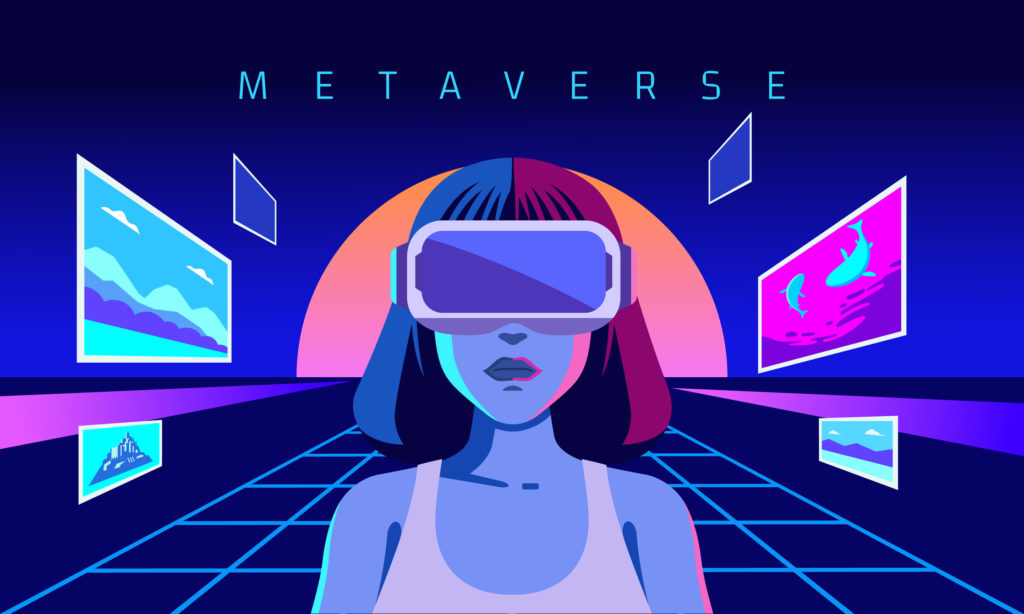Meta
Meta Makes Changes to Facebook’s Ad Targeting
Starting January 19th, 2022, advertisers on Facebook are no longer be able to create new ad sets utilizing certain Detailed Targeting options, including: Health causes (e.g., “cancer awareness”, “obesity pandemic”, etc.) Sexual orientation (e.g., “LGBTQIA+”, “trans rights”, etc.) Race and ethnicity Religious groups (e.g., “Islam”, “Catholic Church”, “Hannukah”, etc.) Political beliefs (e.g., political movements, political…
Facebook Rebrands: Tech Giant Is Now “Meta”
When Facebook first launched in 2004, no one had any idea of the scope it would have just a decade later, or the way it would participate in a societal shift towards digital platforms and new social technologies. In an effort to preempt future technologies this time, and build on the impact of the platform,…
OTHER ARTICLES YOU MIGHT BE INTERESTED IN

SMG Marketing Makeover 2025 - What’s Working, What’s Not, and What’s Next

Using Community Outreach as a Marketing Strategy


A Complete Guide to Google Performance Max (PMAX) for Healthcare

Tips for Spring Cleaning Your Digital Marketing Efforts

Medical Practice SEO - The Ultimate Guide for Doctor's Offices

10 Digital Marketing Ideas for Doctor's Offices




